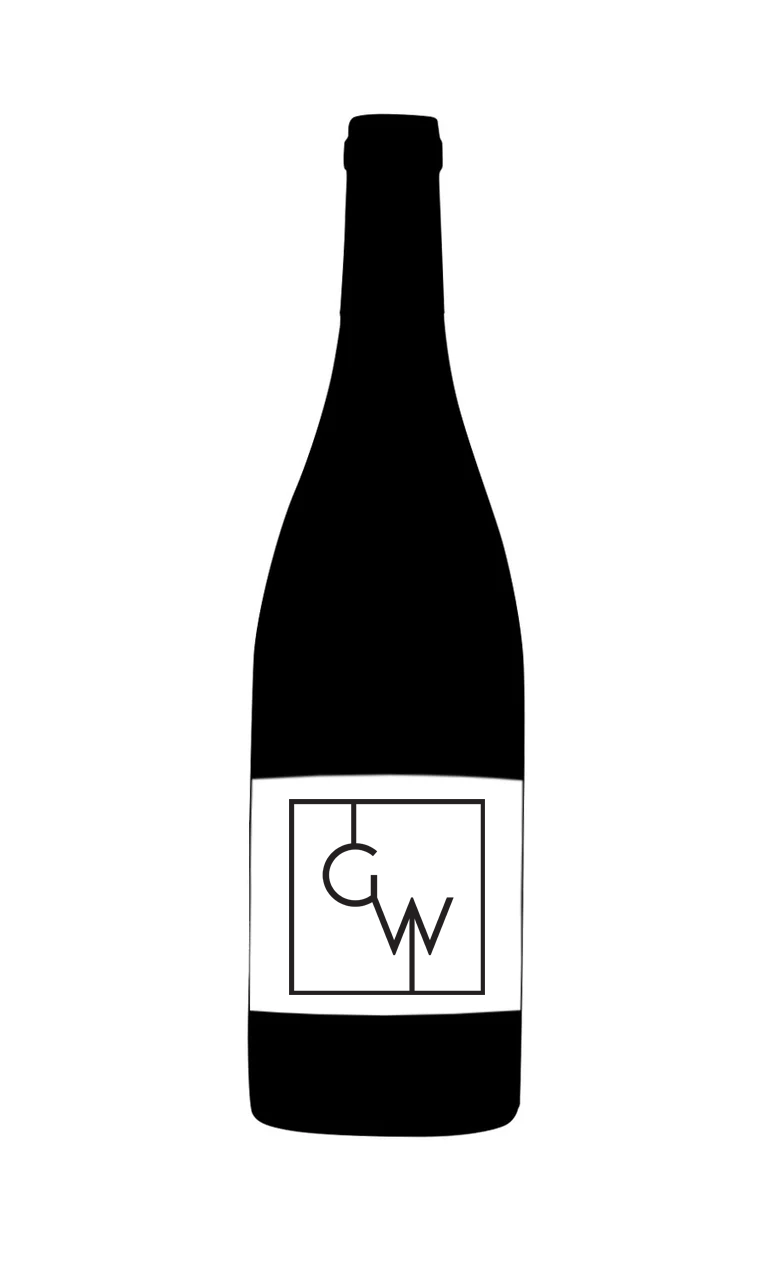Producer
Helmut Dönnhoff
Dönnhoff is one the best producers in all of Germany and the estate is arguably the most famous outside of the Mosel valley. The family domaine dates from 1750 and is comprised of 28-hectares in the Nahe, a region located southeast of the Mosel. Its climate unexpectedly evokes the Mediterranean, and its soils are comparable to the Mosel with the addition of clay, though not as steep. The combination of these 2 elements seem...Read more
Dönnhoff is one the best producers in all of Germany and the estate is arguably the most famous outside of the Mosel valley. The family domaine dates from 1750 and is comprised of 28-hectares in the Nahe, a region located southeast of the Mosel. Its climate unexpectedly evokes the Mediterranean, and its soils are comparable to the Mosel with the addition of clay, though not as steep. The combination of these 2 elements seems to give the best of both worlds - the focus and minerality of the Mosel as well as the fleshy fruit of Germany's warmer regions. The vines have been passed on from father to son to grandson and now the fourth generation holds the reins. Cornelius Dönnhoff took over from his father Helmut in 2007 after 8 years of training. Cornelius continues his father's natural (and perfectionsit) winemaking philiopshy, producing wines of extraordinary power, concentration and complexity. Spellbinding and thought-provoking, they are worth discovering.Read less




